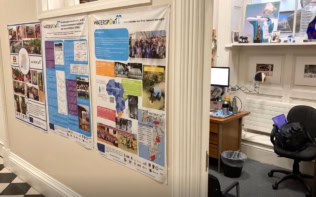International league tables that rank nations according to how their school pupils perform in science and mathematics are flawed according to an academic from the US. Iris C Rotberg of George Washington University in Washington, DC, argues that test scores from the Third International Mathematics and Science Study (TIMSS) are misleading (Science 280 1030). Rotberg claims that the methodology used in the international tests do not allow for factors such as the different curriculum emphases in each country or the proportion of students from low-income families in the test samples. The inclusion of these factors, and other indicators of education quality, could change the league tables significantly.
The TIMSS exercise tests students at the end of secondary school education in four subjects: general science, physics, mathematics, and advanced mathematics. But according to Rotberg, only 6 of the 16 countries participating in the physics tests met the international sampling guidelines specified by TIMSS. In general science only 5 out of 21 countries complied with the guidelines. For example, countries with a high failure rate for the completion of high school education, such as Italy (51%), had higher scores compared with those with low failure rates, such as the Czech Republic (9%), because low-achieving children have already left school. The ages of students entered in the physics and maths tests vary between 17 and 21, while the length of time spent at school can range from 10 years to 14.
The tables themselves also suggest inconsistencies in the tests. France, for example, comes 1st in advanced mathematics but only 7th in mathematics and 13th in general science and physics. The Russian Federation is 2nd and 3rd in advanced mathematics and physics, and 15th and 16th in the mathematics and science general tests.
Rotberg believes that alternative indicators of education quality – such as the availability of qualified scientists and engineers in the work force and the number of women and minority students in science and engineering – would give a better indication of a country’s ability in science and mathematics.



